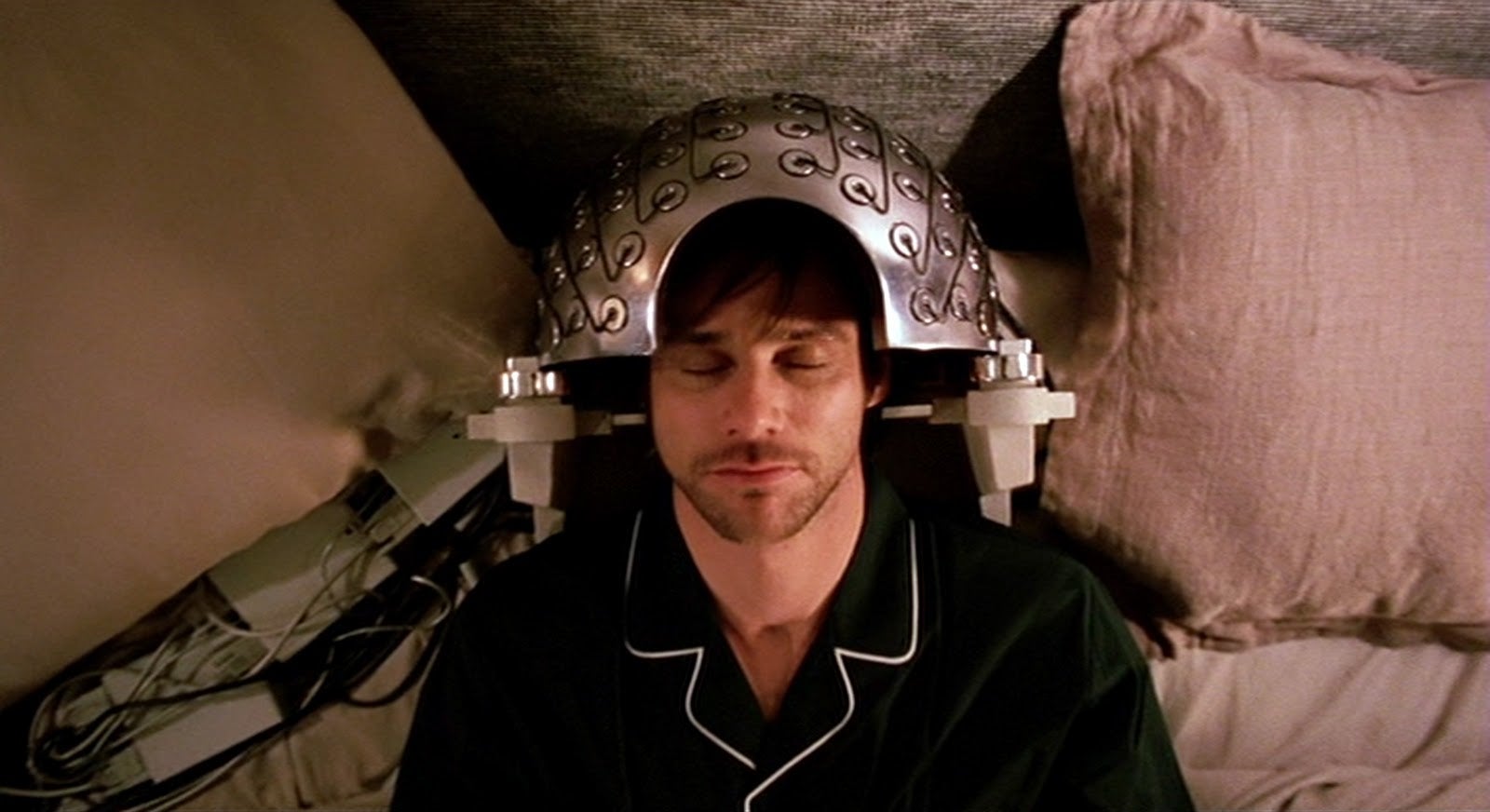Scientists are closing in on a cure for love, but should they go ahead with it?
Is it better to have loved and lost than to have never loved at all?

Your support helps us to tell the story
From reproductive rights to climate change to Big Tech, The Independent is on the ground when the story is developing. Whether it's investigating the financials of Elon Musk's pro-Trump PAC or producing our latest documentary, 'The A Word', which shines a light on the American women fighting for reproductive rights, we know how important it is to parse out the facts from the messaging.
At such a critical moment in US history, we need reporters on the ground. Your donation allows us to keep sending journalists to speak to both sides of the story.
The Independent is trusted by Americans across the entire political spectrum. And unlike many other quality news outlets, we choose not to lock Americans out of our reporting and analysis with paywalls. We believe quality journalism should be available to everyone, paid for by those who can afford it.
Your support makes all the difference.At one point or another, all of us have probably felt like 'love', however we define it, is more trouble than it's worth. 'Love hurts' and 'heartache' are phrases most of us can relate to and a 'cure for love' was written about by Lucretius, Ovid and Shakespeare. But is love just a troublesome artifice we've created for ourselves, or a fundamental part of human existence, to be cherished even when it hurts us?
Advances in science might soon force us to face this question, as anti-love biotechnology would see feelings associated with love limited using medicine, with the concept being treated much like addiction or depression.
Neuro-ethicist Brian D. Earp thinks there's some truth to the old adage that 'love is a drug'.
"Recent brain studies show extensive parallels between the effects of certain addictive drugs and experiences of being in love," he told the New Scientist last year.
"Both activate the brain's reward system, can overwhelm us so that we forget about other things and can inspire withdrawal when they are no longer available. It seems it isn't just a cliché that love is like a drug: in terms of effects on the brain, they may be neurochemically equivalent."

Anti-love drugs are unofficially already in use, with Earp noting that in Israel some ultra-Orthodox Jews have prescribed antidepressants to young yeshiva students to reduce their libido, using the side effect of the drug as its main use.
Earp thinks there are certain situations where more sophisticated drug treatments could be beneficial.
"You can imagine a situation in which a person's experience of love is so profoundly harmful, yet so irresistible, that it undermines their ability to think rationally for themselves," he added.
"Some people in dangerous relationships know they need to get out, and even want to, but are unable to break their emotional attachment. If, for example, a woman in an abusive relationship could access medication that would help her break ties with her abuser, then, assuming it was safe and effective, we think she could be justified in taking it."
But while 'curing' love could theoritically reduce cases of depression, domestic abuse and even suicide, there are obviously huge ethical considerations and drawbacks.
Putting procreation aside, the treatment implies that heartbreak isn't a restorative learning process.
"It is important to be careful about making broad recommendations," Earp cautioned. "There are some people who are so devastated for such a long time after a break-up that they can't move on. Part of this might be depression, for which we already have many treatments.
"Even in a case of domestic abuse, that can be life-threatening, we wouldn't recommend forcing drug-based treatment on someone against their will: non-biochemical interventions should be tried first."
The dulling of extreme emotions and loosening of romantic bonds remain a side-effect of antidepressants that boost serotonin but in a digital age that makes relationships more intense and constant than ever, it's easy to see how they could become desirable.
In Japan, some men have already taken matters into their own hands. A social phenomenon known as 'Herbivore men' sees males shunning girlfriends or marriage to focus on their own lives.
Join our commenting forum
Join thought-provoking conversations, follow other Independent readers and see their replies
Comments